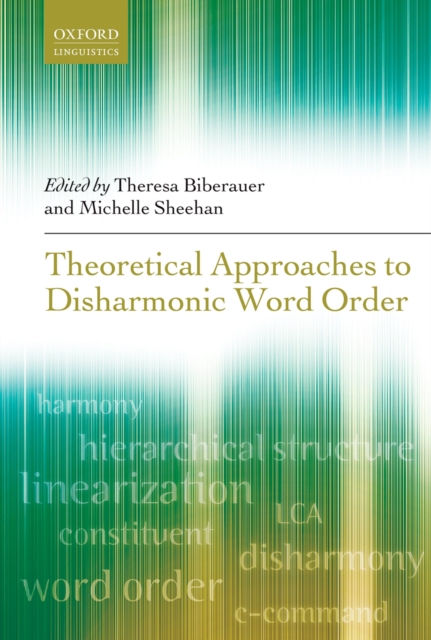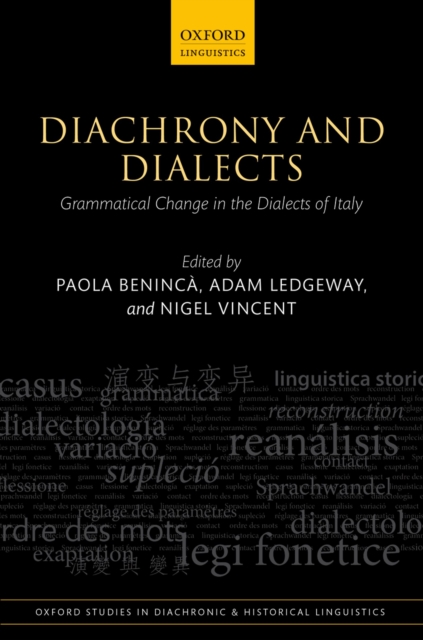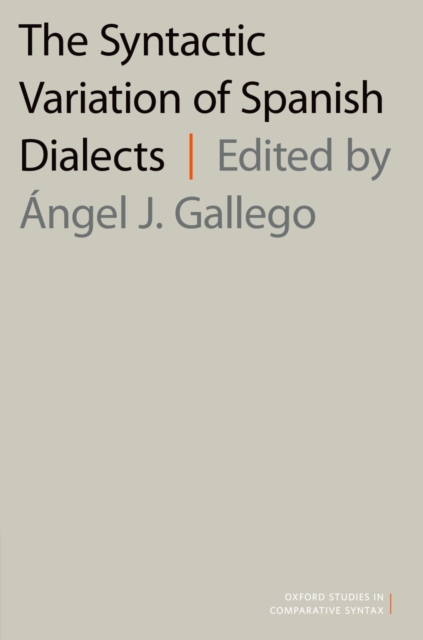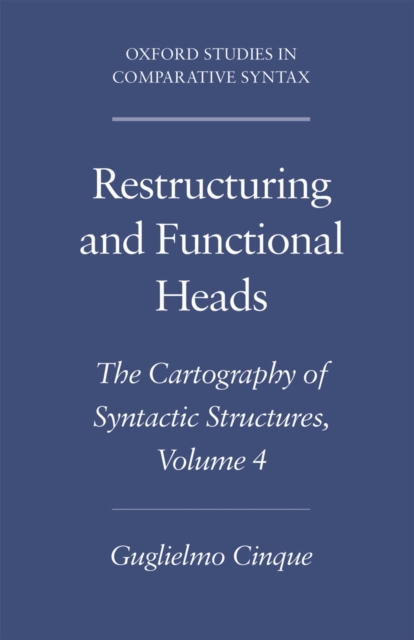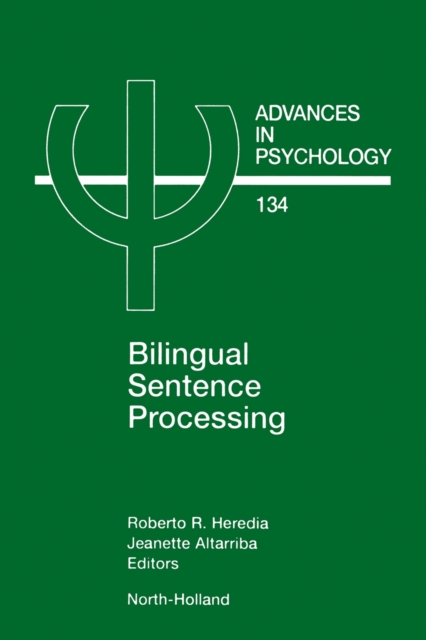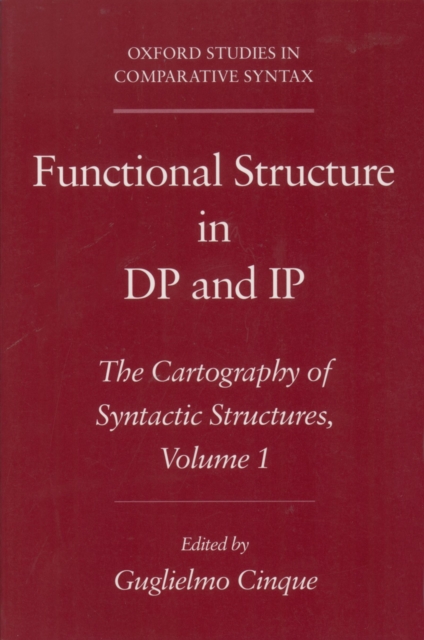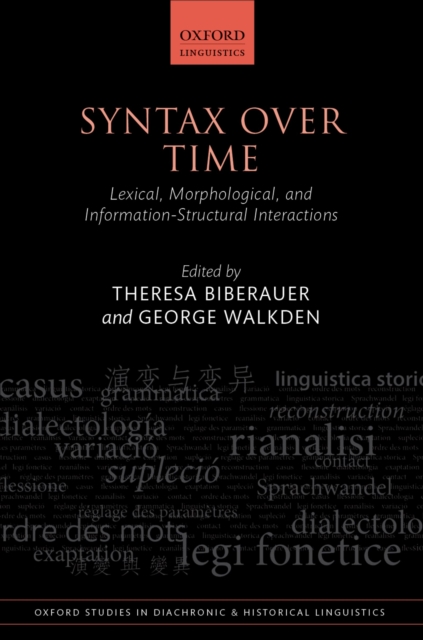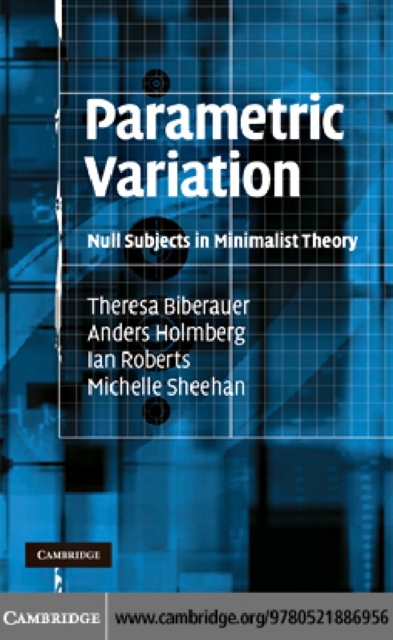This book considers the implications of cross-linguistic word-order patterns for linguistic theory. One of the salient results of Joseph Greenberg's pioneering work in language typology was the notion of a 'harmonic' word-order type, whereby if the verb appears at the left or right edge of the verb phrase, other heads (e.g. prepositions, nouns) also tend to do so. Today, however, there is recognition in both the typological and generative literature that very many,and possibly even the majority of languages, fail to be fully harmonic in the sense that all head-complement pairs pattern alike. But does this imply limitless variation? The chapters in this volume, written by international scholars, discuss the issues arising from this basic question, drawing ondata from typologically distinct disharmonic languages, including Mandarin Chinese, Basque, Mcheno (a Tyrolean variety spoken in Northern Italy), French, English, Hixkaryana (a Cariban language), Khalkha Mongolian, Uyghur Turkic, and Afrikaans. The volume begins with a substantial introduction to the study of word order and its relation to linguistic theory. It is then divided into sections on the nature of disharmony; the role of prosody; the question of Antisymmetry and novel alternatives to Antisymmetry; and the Final-over-Final Constraint. Aside from introducing new empirical findings, the volume also offers a range of new perspectives on disharmonic word orders, the status of word order in linguistic theory, and theoreticalaccounts of typological gaps.
Get Theoretical Approaches to Disharmonic Word Order by at the best price and quality guranteed only at Werezi Africa largest book ecommerce store. The book was published by and it has pages. Enjoy Shopping Best Offers & Deals on books Online from Werezi - Receive at your doorstep - Fast Delivery - Secure mode of Payment
Digital Rights Management (DRM)
The publisher has supplied this book in encrypted form, which means that you need to install free software in order to unlock and read it.
Required software
To read this ebook on a mobile device (phone or tablet) you'll need to install one of these free apps:
To download and read this eBook on a PC or Mac:
-
Adobe Digital Editions
(This is a free app specially developed for eBooks. It's not the same as Adobe Reader, which you probably already have on your computer.)
 Jacket, Women
Jacket, Women
 Woolend Jacket
Woolend Jacket
 Western denim
Western denim
 Mini Dresss
Mini Dresss
 Jacket, Women
Jacket, Women
 Woolend Jacket
Woolend Jacket
 Western denim
Western denim
 Mini Dresss
Mini Dresss
 Jacket, Women
Jacket, Women
 Woolend Jacket
Woolend Jacket
 Western denim
Western denim
 Mini Dresss
Mini Dresss
 Jacket, Women
Jacket, Women
 Woolend Jacket
Woolend Jacket
 Western denim
Western denim
 Mini Dresss
Mini Dresss
 Jacket, Women
Jacket, Women
 Woolend Jacket
Woolend Jacket
 Western denim
Western denim
 Mini Dresss
Mini Dresss



